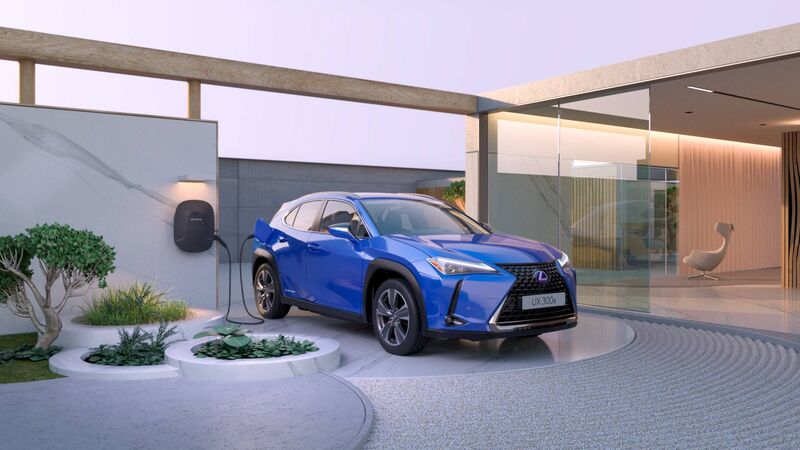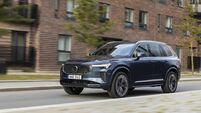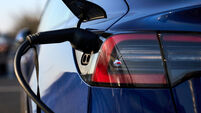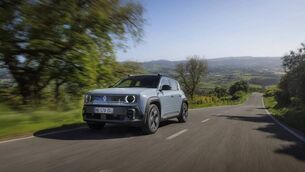Lexus UX 300e: Can it stand out from the electric SUV gallery?

Surprisingly, the very first electric from this quarter, and a very good one too, writes Declan Colley
|
Lexus UX 300e |
|
|---|---|
|
Rating |
★★★★☆ |
|
Price |
€ 61,550 |
|
Engine |
It's all-electric |
|
The Spec |
Very typical Lexus - ie, sumptuous |
|
Verdict |
Surprisingly, the very first electric from this quarter, and a very good one too |





